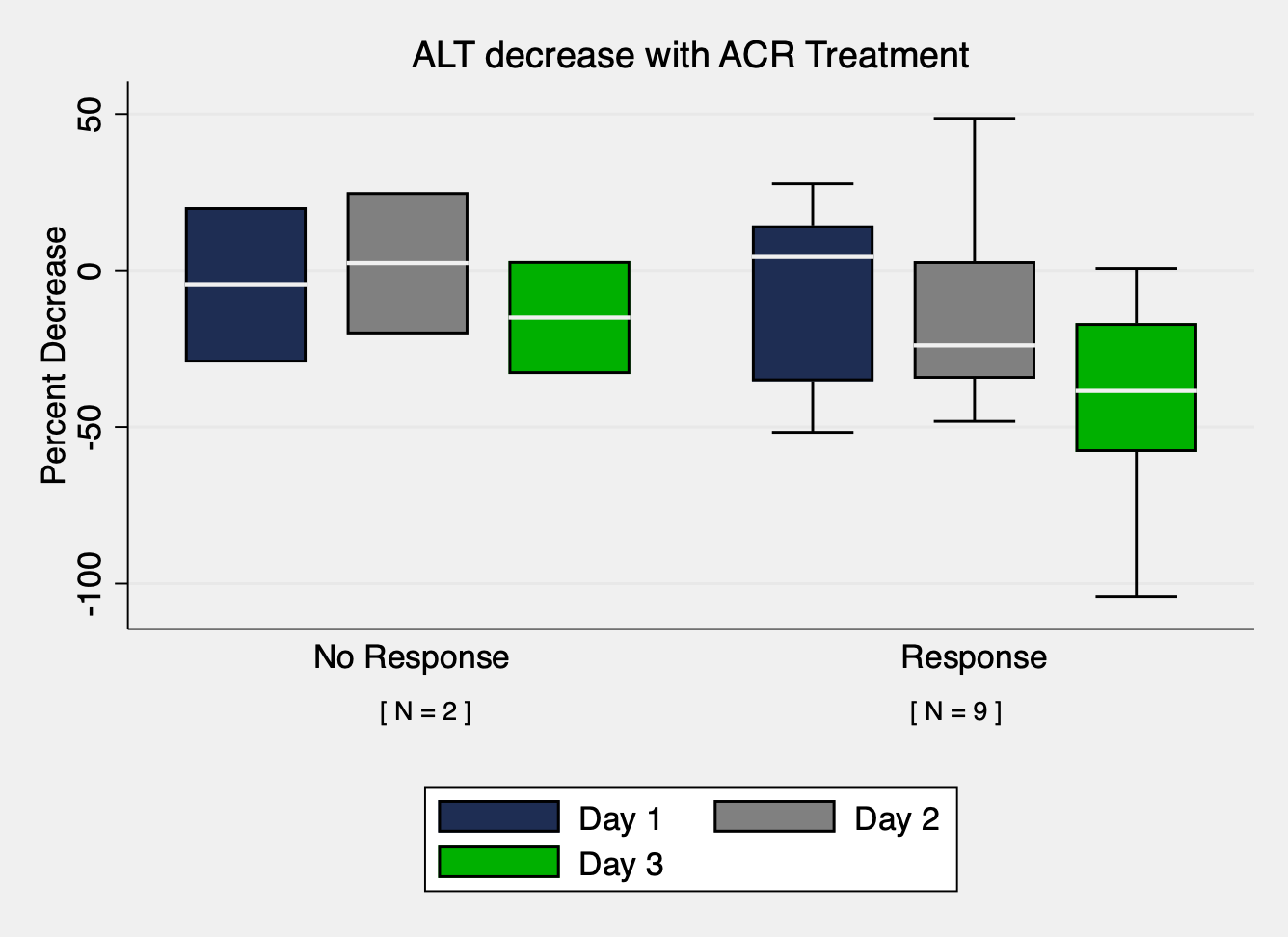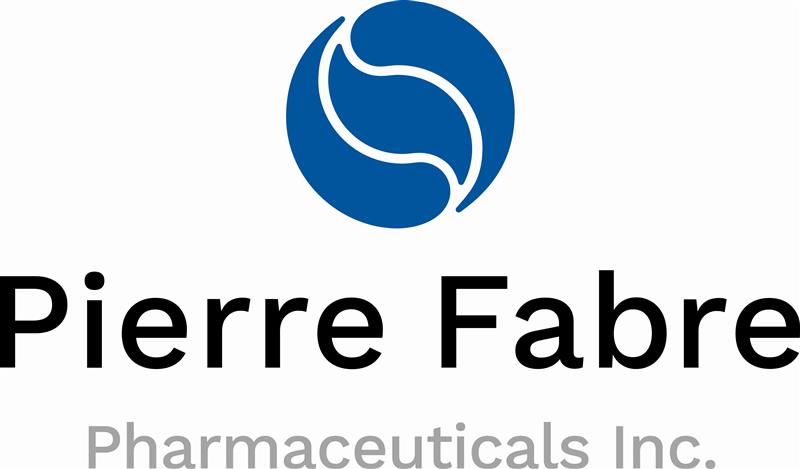Early acute cellular rejection and response in pediatric liver transplant recipients in a single center
Stephanie Segura1, Catalina Jaramillo1, Kyle Jensen1.
1Pediatric Gastroenterology, Hepatology, and Nutrition, University of Utah/Primary Children's Hospital, Salt Lake City, UT, United States
Background:
Liver transplantation (LTx) successfully treats children with end-stage liver disease. Despite improved immunosuppression, acute cellular rejection (ACR) is the most common LTx complication with 60% incidence within the first 5 years. Of those, 75% respond to initial steroid therapy. We analyzed our early ACR (eACR) (< 3-months) incidence and response over the last 5 years.
Methods:
We reviewed patients who underwent LTx from January 2020-January 2025 at Primary Children’s Hospital/University of Utah. We included all patients diagnosed with eACR based on laboratory studies and liver biopsy.
Results:
A total of 52 patients underwent LTx; 18 living-donor (LDLT) and 34 deceased-donor (DDLT). eACR occurred at similar rates for DDLT (21%) and LDLT (22%). Patients <1-year-old experienced eACR at higher rate (41%) compared >1-year old (11%). Steroid treatment response showed 4/11 with 25% ALT reduction on Treatment-Day-2 with 7/11 patients reaching a minimum of a 25% reduction in ALT on Treatment-Day-3 (figure1). 2 patients who did not respond to steroids required thymoglobulin.
Conclusion:
Early ACR occurred in DDLT and LDLT at similar rates, different than what previous studies have shown. However, all our LDLT recipients were from unrelated individuals, which may not confer a beneficial immunological effect. Most patients show significant ALT reduction by 3 days of treatment with IV high-dose steroids. Highlighting, patients unresponsive to steroids by day 3 of treatment, may require alternative therapy. Future studies with a larger sample size are needed to further validate findings.

The WebApp is sponsored by:

If you have any questions during the meeting, please go to the registration desk. Our emails will be monitored sporadically.
REGISTRATION DESK OPENING TIMES
Thursday, May 1, 2025, 07:00-17:30 Friday, May 2, 2025, 07:00-12:00